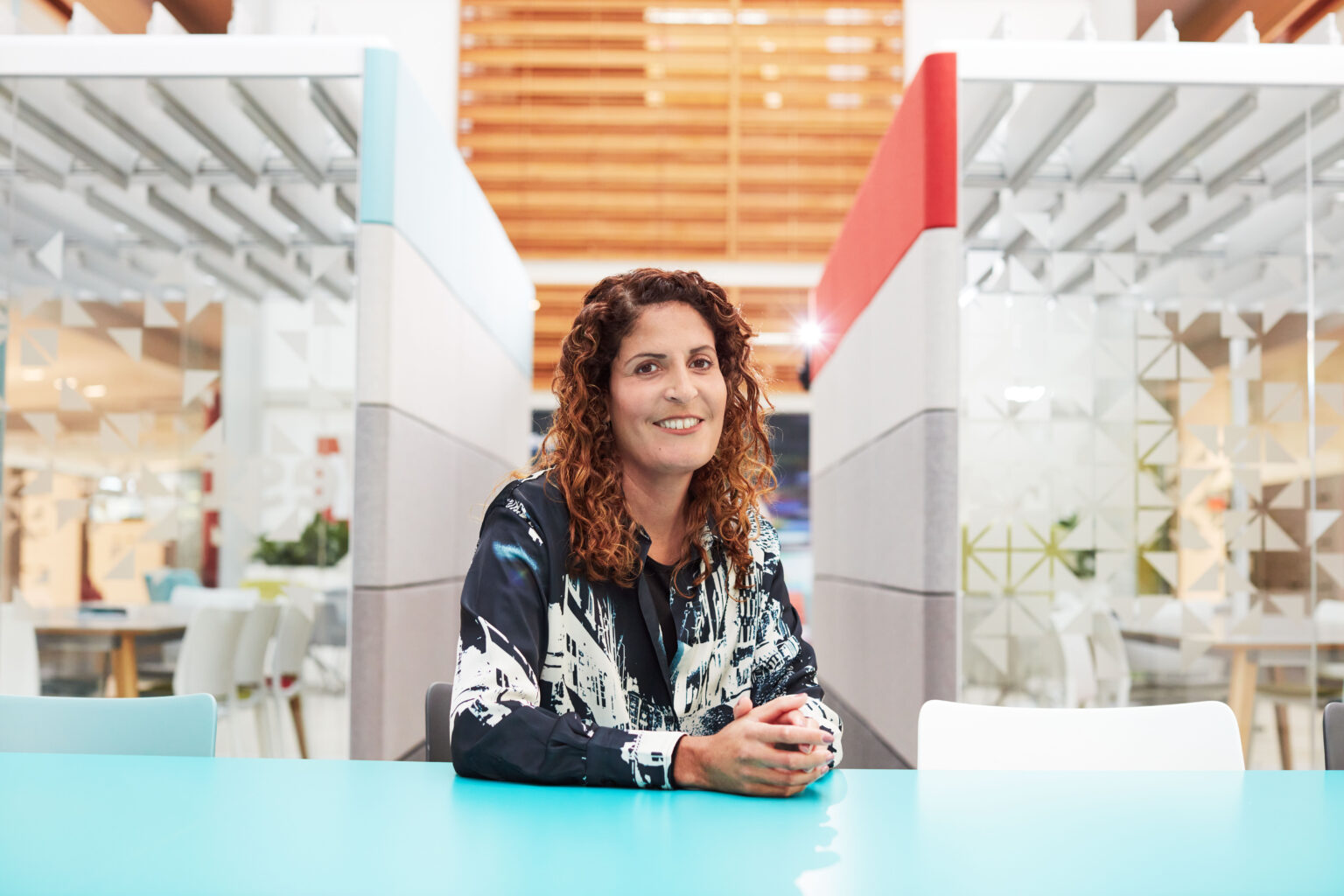A new survey has found that fewer than half of Britons view artificial intelligence as a positive force for society, despite its growing role in everyday life.
The poll, commissioned by energy provider E.ON, revealed that only 44% of people believe AI can unlock human potential if managed responsibly. However, just 24% actively disagreed with the idea that AI could benefit society, suggesting a degree of uncertainty rather than outright opposition.
In contrast, the survey found much greater enthusiasm for smart home technology. Nearly two-thirds (63%) of respondents said they were willing to adopt technologies such as solar panels, home batteries, heat pumps, and energy management systems.
The biggest hurdle for most, however, was cost. Two-thirds (67%) of those surveyed cited upfront expenses as the primary barrier to adopting smart home solutions. Concerns over data privacy (27%), reliability (27%), and the complexity of smart home systems (25%) were seen as secondary issues.
E.ON UK’s Chief Digital Officer, Fiona Humphreys, said AI and smart technology had the potential to transform how people manage their energy use.
“AI is about more than just speed; it’s about creating smarter, more personalised experiences for our customers,” she said. “Digital technology and AI are key to driving the energy transition, helping us deliver tailored solutions that meet each customer’s needs.”
E.ON is already using AI to improve customer experience and energy management. The company has integrated AI tools across its services, including:
- Whisper – an AI system that transcribes customer calls into text, allowing real-time sentiment analysis to improve response times.
- Chattermill – a tool that collects and analyses customer feedback across multiple channels, helping to refine support services.
- Billie – an interactive digital bill featuring video guides to explain energy charges, which has increased customer satisfaction by 48%.
- Kuppa Solar Solutions partnership – an AI-powered platform that assesses homes for solar energy potential, providing instant cost and benefit insights.
- Optimum energy management system – a cloud-based tool for businesses that integrates with smart meters to provide detailed energy consumption data and automate efficiency improvements.
E.ON is also trialling AI-powered voice bots and a Generative AI tool, ‘Wiki Whisperer’, which provides rapid, accurate responses to complex customer queries.
Ms Humphreys said the company was committed to making smart energy solutions more accessible.
“At E.ON, we’re not only using the latest technology to simplify energy bills and improve customer support, but we’re also leading the way in smart home innovation,” she said.
Despite the survey findings highlighting scepticism towards AI, E.ON believes that by demonstrating tangible benefits, such as cost savings and energy efficiency, public perception may shift.
As smart home technology continues to evolve, it remains to be seen whether AI can win over the public as a force for good.


